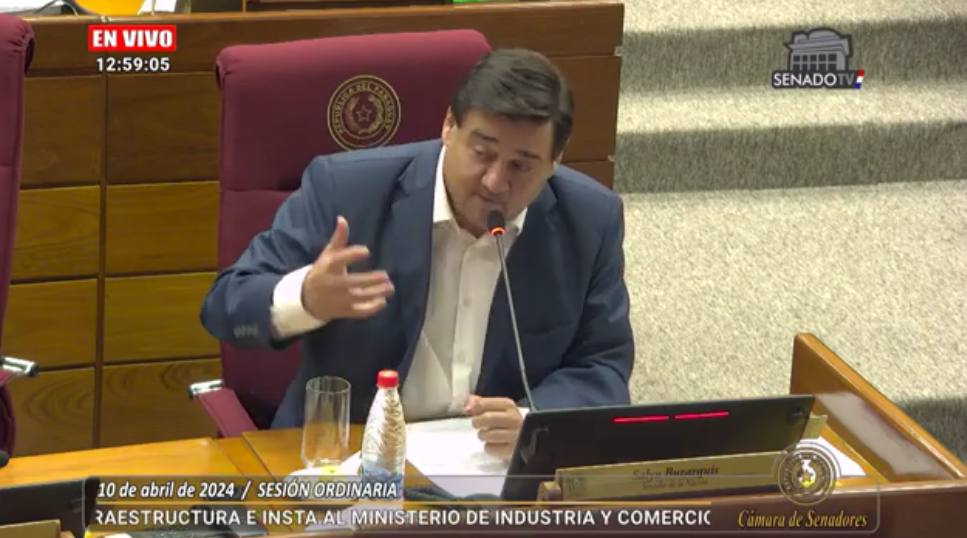
Paraguay Reconsiders Bitcoin Mining Ban
Paraguay’s proposed ban on cryptocurrency mining has been blocked, with officials now considering selling excess energy to miners.
The proposed ban on cryptocurrency mining launched a week ago has been blocked by senators in Paraguay. Officials are now considering whether it would be beneficial to sell excess energy from the Itaipu hydroelectric project to miners rather than exporting it to Brazil and Argentina.
In a senate session on April 10, Senator Lilian Samaniego revealed that a public hearing will be held on April 23 to address the advantages and disadvantages of Bitcoin mining in the country.
Paraguay Reconsiders Mining Ban
It comes about a week after MPs submitted a draft bill on April 4 to at least temporarily restrict Bitcoin mining for 180 days. The lawmakers said that illegal cryptocurrency mines have been stealing power and disturbing the country’s electricity supply.
On April 4, the lawmakers introduced the draft law. However, a few days later, on April 8, Paraguayan lawmakers approved a declaration to support local and foreign investment infrastructure.
Senator Salyn Buzarquis hopes this declaration will encourage the Paraguayan Ministry of Industry to investigate the economic benefits of selling excess energy to Bitcoin miners instead of selling it to the government.

In a letter that was sent to Congress on April 8th, Buzarquis mentioned that the 45 licensed cryptocurrency miners are on track to earn $48 million for the National Electricity Administration (ANDE) by the year 2024.
This amount will increase to $125 million by 2025 as miners install further equipment. With the cost of producing electricity at the Itaipu hydroelectric plant in Paraguay hanging around the $22 per megawatt-hour (MWh) area, ANDE has the potential to earn a net profit margin of 45% by selling off excess energy to local Bitcoin miners at a rate of $40 per MWh.
Considering that this amounts to $73 million annually and approximately $17 million in value-added tax for the government, Buzarquis made the observation. He asserted that Bitcoin mining operations may even prevent ANDE from declaring bankruptcy.
“This flow of funds is what is going to save ANDE from going bankrupt; to be able to invest more in infrastructure and not to raise the rate for Paraguyans.”
According to Buzarquis, the current pricing at which Paraguay exports energy to Brazil is a subsidised rate of $10 per megawatt-hour. In addition, during the senate session on April 10, Buzarquis noted that cryptocurrency mining has the potential to create additional employment prospects for the local economy.
In the bill that was introduced earlier on April 4, MPs said that since February, there have been 50 instances of power supply interruptions that have been related to Bitcoin miners illegally tapping into these other sources of electricity.
If approved, it might affect one of the most significant participants in the business, Marathon Digital Holdings. In November last year, the company expanded its operations into Paraguay by installing 27 megawatts of power surrounding the Itaipu hydroelectric power plant.
Paraguay’s bitcoin miners are preparing for the upcoming April 20 Bitcoin halving event. This event will reduce miner payouts from 6.25 BTC ($442,000) to 3.125 BTC ($221,000), resulting in a significant decrease in the amount of Bitcoins that miners receive.





